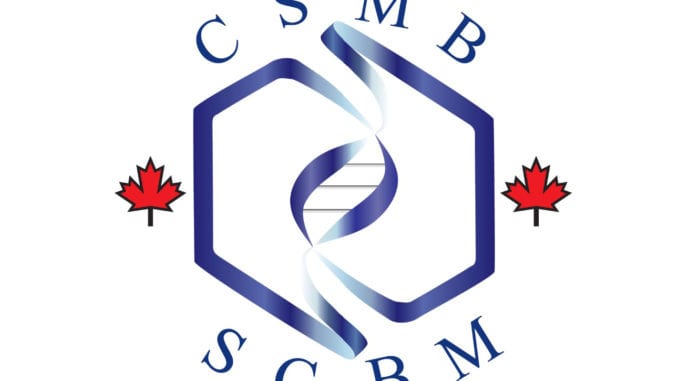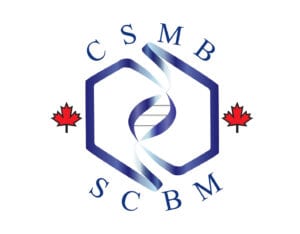

FOR IMMEDIATE RELEASE:
Ottawa, February 28, 2018 — The Canadian Society for Molecular Biosciences (CSMB) applauds the Government of Canada for its substantial re-investment into fundamental research in Budget 2018. Federal support of discovery-focused research generates the ideas and new knowledge that fuel innovation and is therefore essential to realization of long term societal benefits in health, agriculture, climate, and industry – as well as anticipating new competitive sectors of the economy. Furthermore, a robust, research-based university system is a critical context for skills training the next generation of innovators, the Canadian workforce, and for teaching science to Canadians more broadly.
Over the past year, the CSMB, along with other societies, organizations, the U15 university presidents, industry leaders, and the scientific community at large have strongly supported the recommendations of the Fundamental Science Review (The Naylor Report), commissioned by the Government of Canada in 2016. This report documented the decline in federal funding of fundamental research in Canada over the past decade, and articulated the urgent need to restore funding for fundamental discovery science in Canada to internationally competitive levels. Moreover, The Naylor Report offered budgetary recommendations in the form of a multi-year plan to re-invest in Canadian science and innovation through tri-council inter-agency cooperation.
It is clear from the balanced and thoughtful approach to investment in Budget 2018 that the government heard and acted upon this important and unified message. Budget 2018 is a historic re-investment in Canada’s research community that balances the need for infrastructure and qualified personnel with increased operational support, and begins the process of rebuilding and realizing research potential in this country.
We appreciate the government’s increased investment over the next five years in tri-council funding to support investigator initiated fundamental research and trainees ($1.2 B), the stabilization of research infrastructure funding through the Canadian Foundation for Innovation ($763 M), increased support to institutions for the indirect costs of research ($231 M), and re-investment in Canada Research Chairs ($210M).
This is a critical first step towards undoing a decade of neglect that has devastated Canada’s fundamental science ecosystem. With a renewed commitment from the government, it is now up to the same coalition of researchers, university administrators and industry leaders that championed the recommendations of Naylor Report to work with government to build upon this commitment by broadly funding investigator-initiated research through a strong and coordinated tri-council national program.
Restoring investment in Canadian discovery science is critical to Canada’s future well-being and productivity. The case for science and inquiry has been recognized as a key, non-partisan, national priority that requires and deserves long-term stable funding. The current budget recognizes this and makes a substantial contribution to rectifying funding issues. History reminds us, time and again, that the economic and health benefits of innovation are dependent on the growth of the body of knowledge generated from fundamental discovery-based research.
CSMB is committed to working closely with the Chief Science Advisor, the Ministers of Science and Health, other government officials, and all partners and stakeholders to strengthen Canada’s research environment in the years ahead. We know there is much more that we need to do to fully realize the tremendous potential of Canadian research and we will continue to generate evidence of the value and role of discovery science. Cooperation, honesty, and trust between the scientific community and government in the years ahead will restore Canada to its rightful place among the global leaders in research and development.
—30—
For more information:
Philip Hieter, PhD, FCAHS, FRSC
President, Canadian Society for Molecular Biosciences
Professor, Medical Genetics
Michael Smith Laboratories
University of British Columbia
Email: hieter@msl.ubc.ca
